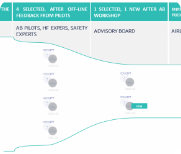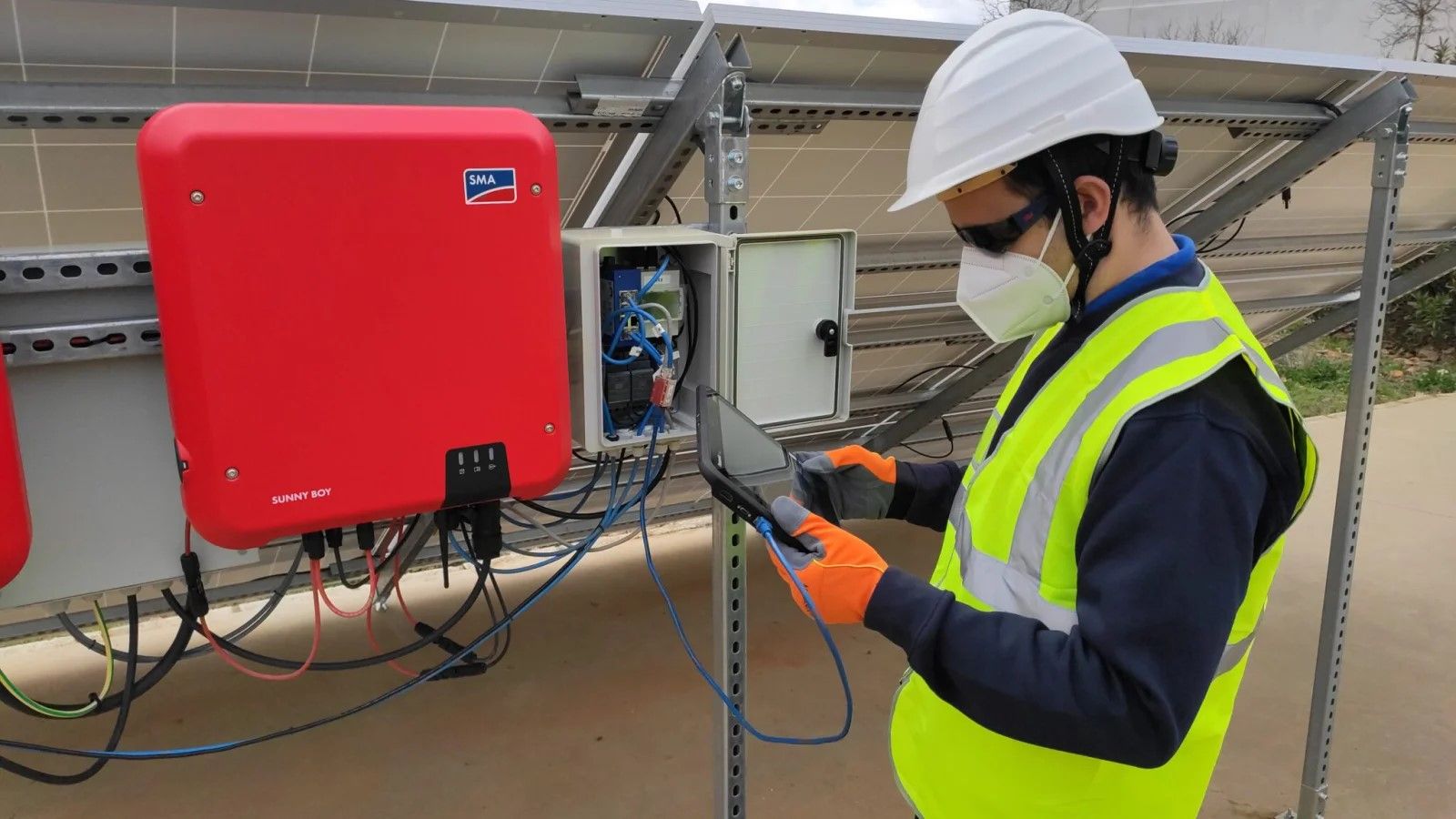HARVIS
How to support pilot decision-making in complex situations?
The HARVIS project aims to answer this question by developing a future concept of Artificial Intelligence in the cockpit.
HARVIS: Human aircraft roadmap for an intelligent virtual system
Air travel is increasing significantly in Europe, with no reversal of the trend foreseen. The integration of unmanned aircraft in airspace will make traffic management even more complex.
A significant impact on pilots' work is inevitable, with more and more information to deal with and new tasks to perform. Framing human-machine interaction in terms of partnership will help build capacity in machines to better understand humans, and in people to collaborate with them. In the cockpit, this partnership will lead pilots to use a set of new technologies, capable of self-learning, to anticipate needs and adapt to pilots' states of mind.
Goals
The main objective of the HARVIS project is to determine how cognitive computing algorithms, implemented in a digital assistant, could help pilots make decisions in complex situations. To achieve this goal, the project will offer:
- A state of the art cognitive computing algorithms.
- A future concept of Artificial Intelligence in the cockpit.
- A set of realistic scenarios in which a digital assistant is likely to bring benefits to flight operations.
- A roadmap with guidance for adoption of the demonstrated concept between now and 2035.
CONTRIBUTION TO THE PROJECT:
- State of the art of cognitive computing in aerospace and other sectors.
- Definition and implementation of use cases
- Development of technology roadmap
- Project management
More information about the project: https://www.harvis-project.eu/












